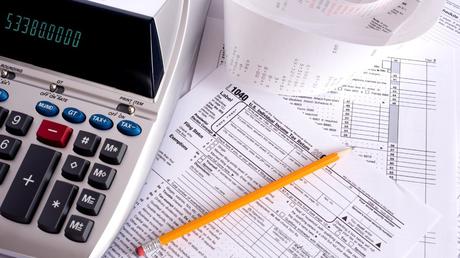
The Internal Revenue Service (IRS) of the United States is adding non-fungible tokens (NFTs) and stablecoins to its tax bracket for digital assets.
In a draft of the tax agency’s instructions for 2022, the category was changed from “virtual currency” to “digital assets.” With the new name comes a new way to think about the category and a wider range of things that need to be taxed by Americans.
“Digital assets are any digital representations of value that are stored on a cryptographically secure distributed ledger or other similar technology.” The draft says that digital assets are things like non-fungible tokens (NFT) and virtual currencies like cryptocurrencies and stablecoins.
Before, the IRS only paid attention to digital currencies. The agency used to say that “virtual currency” was “digital tokens that function as a unit of account, a store of value, or a medium of exchange.”
Taxpayers who have used virtual currencies as payments or as capital assets will now have to pay taxes on those assets. This includes any American who paid for something with a digital currency, got a digital asset as a reward, traded digital assets for cash or other digital assets, or got new digital assets by mining or staking block rewards.
How taxpayers used their digital assets during the fiscal year will determine what kind of tax they pay. They can be considered either capital gains or income, depending on whether they were kept as assets or sold to other clients. The first will apply to people who were paid in digital assets or sold them to other clients.
The IRS is stepping up its efforts to collect taxes on digital assets, so this news comes at a good time. Last month, the IRS got a summons from a New York judge telling M.Y. Safra Bank to give them information on US taxpayers who had understated or not paid their digital asset taxes.
“The government’s ability to obtain third-party information on those failing to report their gains from digital assets remains a critical tool in catching tax cheats. Taxpayers earning income from digital asset transactions need to come into compliance with their filing and reporting responsibilities,” IRS Commissioner Charles Rettig said at the time.
Leave this field empty if you're human: